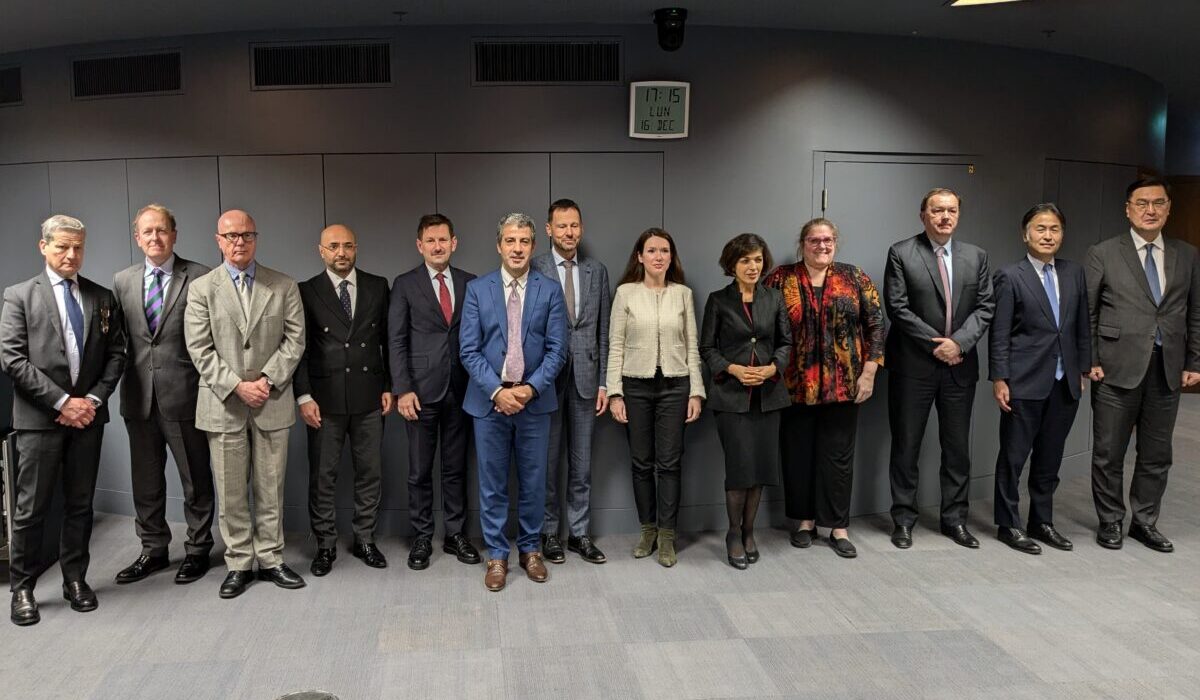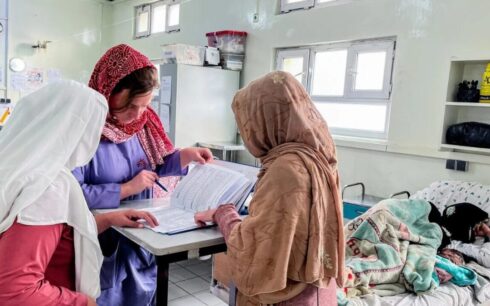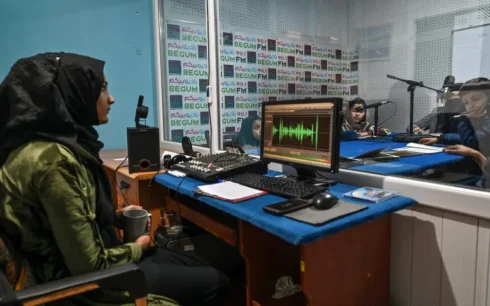GENEVA – Special envoys and representatives for Afghanistan from G7+ nations convened this week to address the escalating challenges facing the country. In a joint statement issued after the meeting, the envoys called on the Taliban to intensify counterterrorism efforts, reverse oppressive policies against women, and commit to inclusive governance to stabilize the nation.
Representatives from countries including the United States, the United Kingdom, Germany, France, Italy, Canada, Japan, and Switzerland, along with other stakeholders, participated in the discussions. The group emphasized the need for urgent action to tackle Afghanistan’s worsening humanitarian crisis and to ensure regional security.
Addressing the terrorism threat
The envoys expressed grave concern over recent terrorist attacks in Kabul and the broader region, warning that terrorism remains a significant threat to Afghanistan’s security. They acknowledged the Taliban’s limited actions against ISIS-K but stressed that more robust measures are needed to comply with United Nations Security Council Resolution 2593.
“Some terrorist organizations continue to enjoy safe haven in Afghanistan, planning and executing both internal and cross-border strikes,” the statement read. The envoys called on the Taliban to take concrete steps to eliminate these threats, which they warned could destabilize not just Afghanistan but also neighboring nations and the wider region.
Reversing policies against women and girls
The representatives strongly condemned the Taliban’s December 2024 decision to ban women and girls from attending medical training institutions. They described the ban as part of a broader pattern of more than 80 repressive edicts designed to exclude women and girls from education, public life, and economic participation.
“These policies have devastating consequences for all Afghans, particularly mothers and children, and undermine the stability of the healthcare system,” the envoys said. They called for the immediate reversal of these discriminatory practices, emphasizing that women’s participation is critical to the country’s recovery and long-term stability.
The group highlighted the urgent need for an inclusive national dialogue to establish a representative political system in Afghanistan. They called for a constitutional order with accountable leadership that upholds the country’s international obligations.
“Achieving sustainable peace and stability requires credible and inclusive governance that represents all segments of Afghan society,” the statement said.
The envoys reaffirmed their commitment to supporting the United Nations’ role in facilitating peace and stability in Afghanistan. They urged the implementation of UN Security Council Resolution 2721 (2023) and called for the swift appointment of a UN Special Envoy to lead discussions between Afghan stakeholders and the international community.
They praised the UN-led Doha Process and recognized the efforts of UN agencies, the World Bank, the Asian Development Bank, and NGOs working to provide humanitarian assistance to the Afghan population.
Humanitarian and regional cooperation
The statement underscored the indispensable role of international NGOs in addressing Afghanistan’s humanitarian crisis, particularly for vulnerable populations, including women-led households, children, and ethnic and religious minorities. The envoys stressed the importance of a united humanitarian response that brings together international and local organizations, alongside UN agencies.
Recognizing the regional dimension of Afghanistan’s challenges, the envoys called for deeper collaboration with neighboring countries to address shared concerns, including terrorism and illegal migration. They also commended Muslim-majority nations and the Organization of Islamic Cooperation (OIC) for advocating for women’s rights, particularly access to education, and encouraged continued leadership on these issues.
The envoys expressed their gratitude to Switzerland for organizing and hosting the Geneva meeting. They reiterated their commitment to meeting again in the near future to assess progress and continue their coordinated efforts to stabilize Afghanistan.
The joint statement by the G7+ representatives made clear that Afghanistan’s path to peace and stability depends on decisive action by the Taliban. The group urged the Taliban to eliminate terrorist threats, reverse oppressive policies, and engage in meaningful dialogue with all Afghan stakeholders.
“The international community remains committed to supporting the Afghan people as they navigate these immense challenges,” the statement concluded.
The envoys have held various meetings on Afghanistan so far, but their last joint statement ahead of today’s statement was issued in October 2023.





